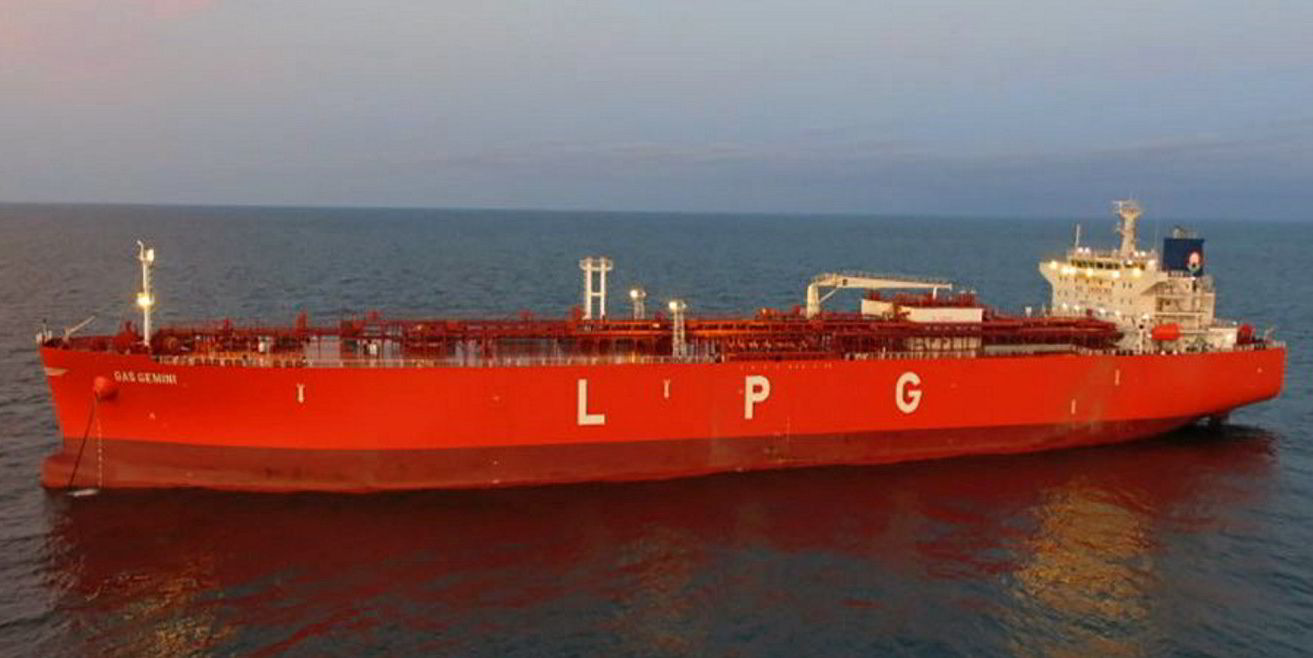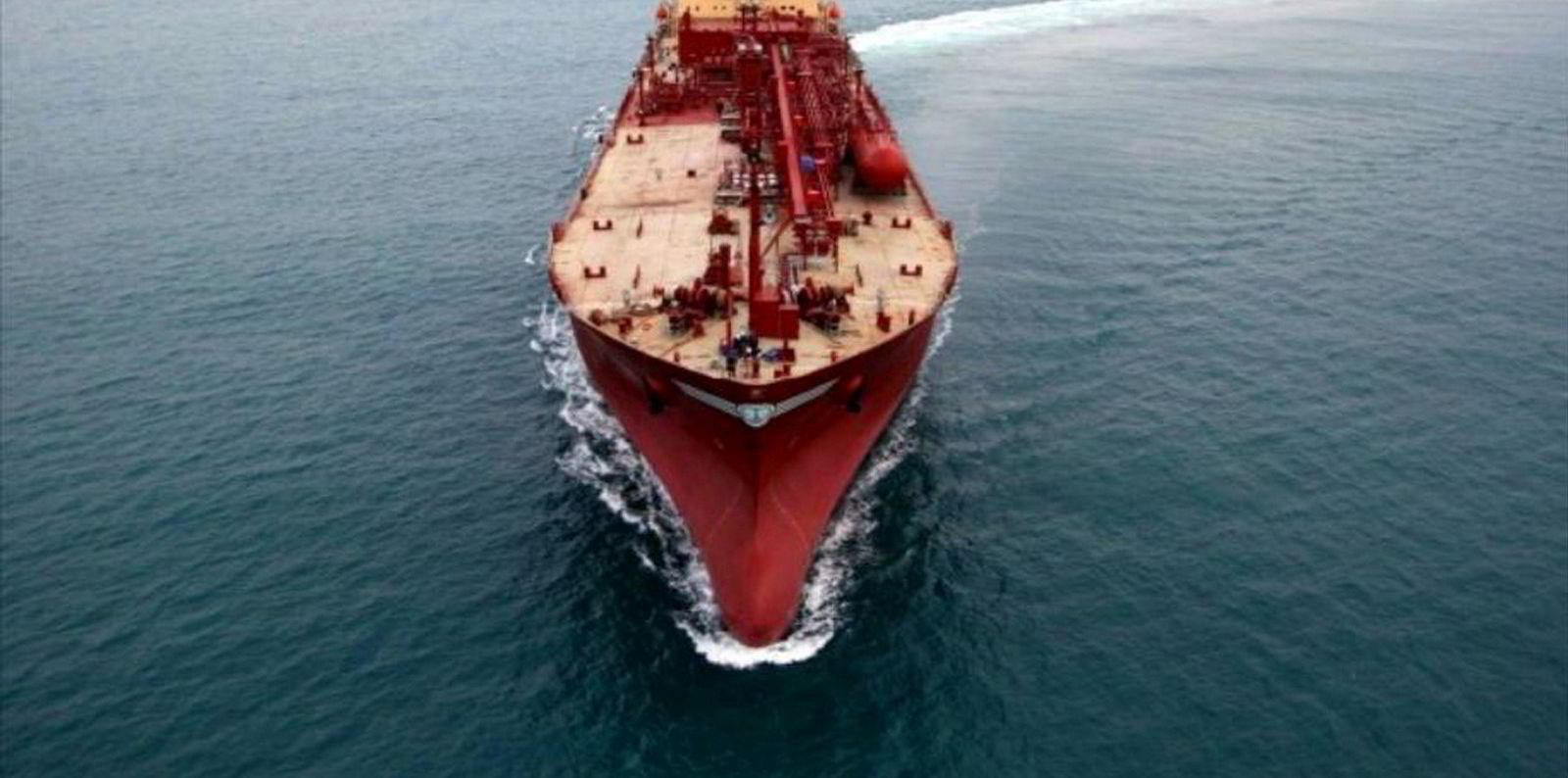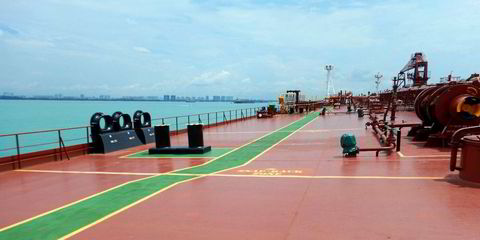China’s Tianjin Southwest Maritime is to retrofit two of its modern VLGCs with dual-fuel engines capable of running on LPG.
The work on the 85,000-cbm Gas Aquarius (built 2018) and Gas Gemini (built 2017) will be carried out in parallel at the Cosco Shipping Heavy Industry (Guangdong) shipyard beginning next May.
Engine builder MAN Energy Solutions said each of the ship’s MAN B&W 6G60ME-C engines will be converted to dual-fuel MAN B&W 6G60ME-LGIP units.
In a notable first, MAN PrimeServ, the manufacturer’s after-sales division, will jointly conduct the work with CSSC Marine Service Co, the after-sales subsidiary of CSSC Marine Power Group.
MAN PrimeServ senior vice president Per Rud said of the tie-up: “We treat every project on a case-to-case basis, but this particular instance is notable in that it represents the first time that we are collaborating on a retrofit project with a licensee’s own after-sales division.
“I feel that it is important for the after-sales market to be aware that MAN PrimeServ is open to working with all partners in order to support shipowners globally.”
BW LPG announced in June that it had converted the last of 15 VLGCs to LPG dual fuel.
The last in the series was the 84,000-cbm BW Malacca (built 2016), with all work carried out at Yiu Lian Dockyards in Shenzhen, China.
“In order to decarbonise the existing maritime fleet, switching to low-carbon fuel is the most effective tool,” said Klaus Rasmussen, head of projects at MAN PrimeServ.
“In this context, dual-fuel retrofits represent an eminent way for owners to maintain their assets’ value for years to come.
“Specifically, in the case of VLGCs, their ability to operate off their own cargo makes for a very positive business case.”
Rasmussen estimates that there are 154 VLGCs with single-fuel engine technology that could benefit from conversion to LPG.
“By leveraging LPG as a marine fuel, vessels benefit from savings due to lower fuel consumption and full dual-fuel flexibility, which guards against price sensitivity to post-2020 fuel-price fluctuations,” he said.
“Furthermore, the ability to use LPG cargo as a supplemental fuel source also reduces time and fees for fuel bunkering.”






